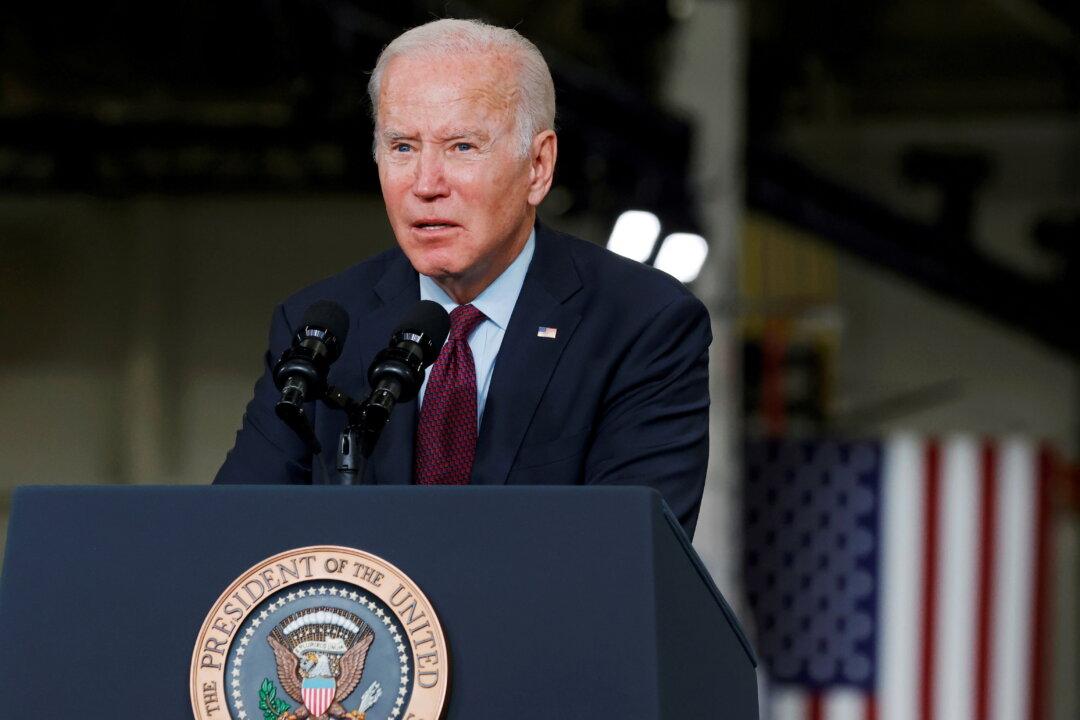A federal appeals court ruled in a split decision on Dec. 17 that the Biden administration’s vaccine mandate for private companies with 100 or more employees can take effect.
The 2–1 decision by a panel of the Cincinnati-based 6th U.S. Circuit Court of Appeals dissolves the stay entered by the 5th U.S. Circuit Court of Appeals last month on the nationwide mandate.




